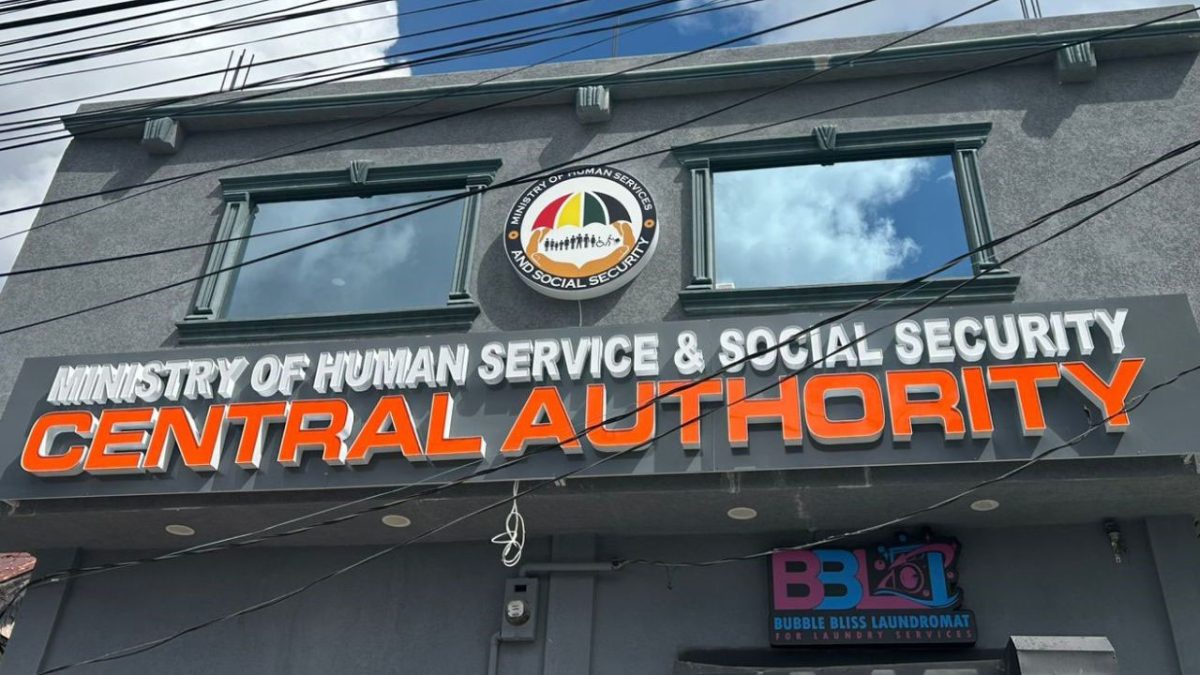-as Guyana establishes First Central Authority under Hague convention
The launch of its first Central Authority under the 1983 Hague Adoption Convention, is paving the way for ethical and internationally recognised standards in inter-country adoption with the official opening of the Guyana Central Authority yesterday, at its new headquarters at Fifth Street, Alberttown, Georgetown.
The newly established Central Authority will be responsible for overseeing all aspects of inter-country adoptions, aligning processes with the principles of the Hague Convention. This development marks a pivotal step for Guyana, as it aims to safeguard children from trafficking and provides a transparent, efficient pathway for prospective adoptive families.

“Today’s event symbolises our dedication to protecting the rights of children and families,” said Minister of Human Services and Social Protection, Dr Vindhya Persaud, during the opening ceremony. She encouraged families to consider adopting older children, emphasising that love and stability can thrive at any age. “We are aligning ourselves with international best practices to ensure transparency, accountability, and the well-being of all parties involved in the adoption process,” Persaud asserted.
The Minister explained that a comprehensive country profile outlining Guyana’s adoption requirements will be developed and shared with embassies abroad. This profile aims to familiarise international stakeholders with the steps required for participation in inter-country adoption, maintaining a stringent process to uphold child safety.
Persaud emphasised the importance of the local adoption process as a prerequisite for engaging with the Central Authority. “The final approval must still come from the court, which is essential in preventing any unwanted occurrences, particularly concerning child trafficking.”
Meanwhile, Kacina Jardine, Chief Executive Officer of the Central Authority, highlighted the importance of thorough assessments for potential adoptive parents. “Completion of a home study report is essential to evaluate their suitability, which includes rigorous background checks to ensure child safety,” Jardine explained.
She further reinforced that child welfare remains the priority in adoption decisions, emphasising the need for families to be safe and supportive environments. “Local adoptions must be considered first before moving towards inter-country adoptions,” Jardine added, reiterating the commitment to finding credible families for children in need.
The Central Authority consists of five members including two lawyers. With the adoption of the Hague Convention’s framework, Guyana can now engage more effectively with other member states in tackling inter-country adoption challenges. The Central Authority will offer guidance to local and international agencies, ensuring that all operations align with the highest ethical and legal standards. The 1983 Hague Adoption Convention aims to prevent the abduction, sale, or trafficking of children. The opening of the Central Authority is poised to enhance coordination among government agencies, streamline the adoption process for prospective parents, and guarantee that children placed for adoption are welcomed into safe, nurturing environments.
Child advocacy groups and civil society have expressed strong support for this new initiative, viewing it as a vital enhancement to Guyana’s child protection framework. With the official launch of the Central Authority, Guyana joins an international network of countries dedicated to prioritising the welfare of children in intercountry adoption, signalling a hopeful future for many families and children alike.







